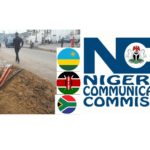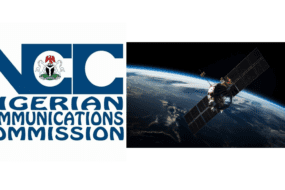Nigeria’s crypto scene has hit another wall. The Securities and Exchange Commission (SEC) has frozen the issuance of new provisional licences under its Accelerated Regulatory Incubation Programme (ARIP), dashing hopes for speedy onboarding. The reason? What the regulator now calls “Level 3 due diligence.“
This move comes despite an earlier promise in December 2024 to fast-track the process. At a virtual forum hosted by the FinTech Association of Nigeria (FintechNGR), the SEC’s Director General, Emomotimi Agama, addressed stakeholders and apologised for the delays. “Work has been going on underground… we have observed important issues we need to take care of,” he explained. However, he declined to offer a fresh timeline for when the process would resume.
Multiple Agencies, One Bottleneck
The latest development affects several crypto startups that applied for licences under ARIP back in June 2024. Many of these firms, which are still working with the SEC to meet compliance standards, are now stuck in limbo. Since granting provisional approvals to exchanges Quidax and Busha in August 2024, the SEC has yet to clear any more applicants.
While the SEC is the lead agency on crypto oversight, it’s not acting alone. According to Agama, the commission must coordinate with the Economic and Financial Crimes Commission (EFCC), the Nigerian Financial Intelligence Unit (NFIU), and the Office of the National Security Adviser (ONSA). These bodies operate independently and come with their own protocols, making streamlined regulation a tough act to pull off.
Agama admitted the oversight process still has “gaps and challenges,” adding that the SEC cannot control the timelines of its collaborating agencies. “Additional due diligence needs to happen before we can come out with the next set of provisional licences,” he said.
The situation is particularly frustrating given the recent passage of the Investment and Securities Act (2025), which formally categorises cryptocurrencies as securities under the SEC’s purview. While this legal recognition is a win for the digital asset space, it hasn’t translated into regulatory ease for operators.
With no clear path forward, startups eager to launch or expand within Nigeria’s crypto ecosystem must wait—and wait some more. For now, the promise of innovation is caught between a maze of paperwork and a cautious approach to risk mitigation.
Still, the SEC maintains that collaboration is key to a more robust framework. “We are doing our best to ensure investor protection and consumer safety,” Agama said. But until the bottlenecks are cleared, startups are left navigating uncertainty in a space already known for its volatility.
- CBN Charts Clearer Direction for Nigeria’s Fast-Growing Fintech Sector
- Nigeria’s Fibre Crisis: What Kenya, South Africa and Rwanda Are Doing Differently
- NCC Sounds Alarm Over Fresh Fibre Cuts
- Moniepoint MFB Records N412tn Transaction Volume in 2025, Issues N1tn in Loans
- The Dark Side of Innovation: How Power Outages Are Shorting Africa’s Tech Ascendancy
- NOTAP Flags Rising Revenue from Local Software Creations













No Comments